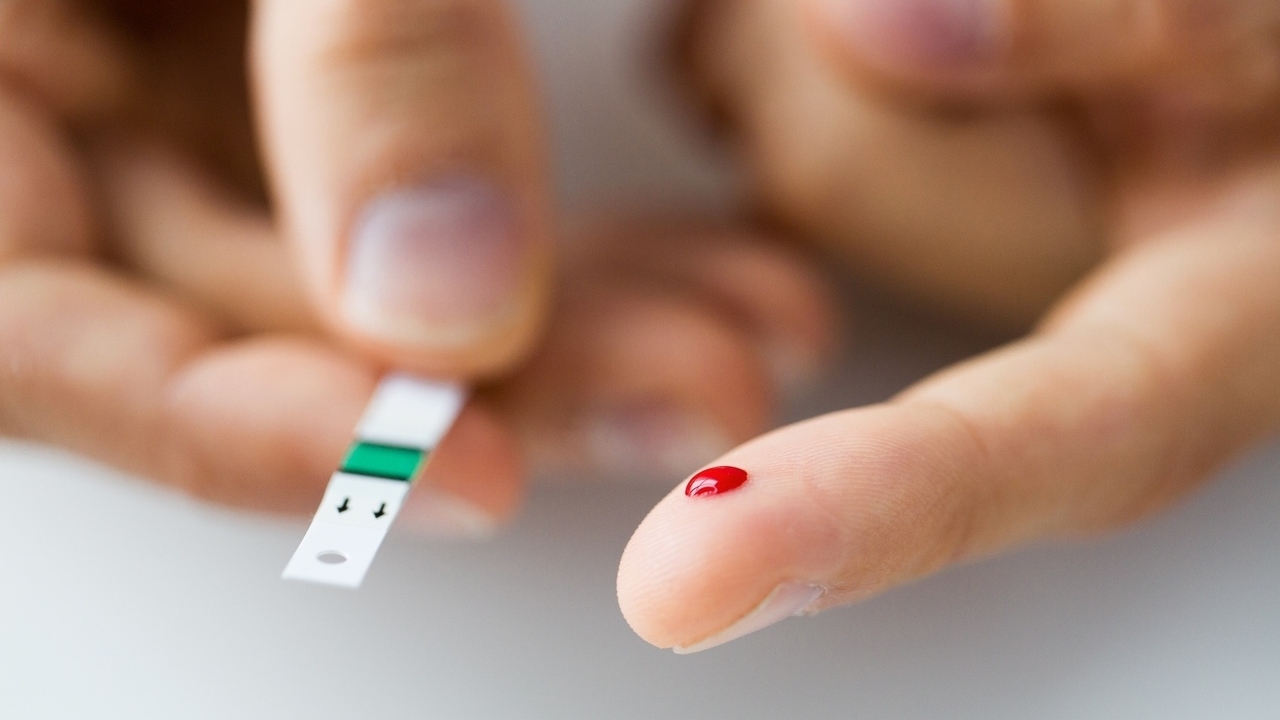 Photo: Getty Images
Photo: Getty Images
There was a time when I had to stop in the middle of doing something with heaviness in my chest and a lump in my throat. I was taken to the emergency room five times in one year for the same reason. Every time I mistook my condition as a heart attack or angina since I have coronary artery disease. Sometimes I had to pull my vehicle on to the side of the freeway on my way home from work because I couldn't breathe. And other times I literally choked with lumpy feeling in my throat. After several visits to the hospital, doctors and tests I was diagnosed with diabetes induced gastroesophageal reflux disease. Personally, I like it to be called a "condition" just to make myself feel less diseased. I hate to use the word "disease" after every single condition I am diagnosed with but the truth of the matter is, this is what I have.
Whether or not a person is diabetic, GI problems are common in people age 30 and over. But a person with diabetes has added factors that lead to these problems such as physiological changes with autonomic neuropathy, hyperglycemia, medications, and psychological changes in addition to longevity of the disease. According to American College of Gastroenterology, as many as 75 percent of patients visiting diabetic clinics will report significant GI symptoms. They include peptic ulcer disease, gall stones, irritable bowel syndrome and food poisoning.
Symptoms of GI problems include heartburn, dysphagia, dysmotility, fullness after eating, bloating, nausea, vomiting, constipation, diarrhea, gastroesophageal reflux, chest pain, and gastroparesis. (WebMD.com). Among all the conditions gastroparesis is the most chronic condition.
Symptoms of gastroesophageal reflux disease could be sometimes mistaken for angina because of the fact that the esophageal sphincter loses its ability to close properly after the food reaches the stomach, resulting in reflux of the food and gastric juices into the esophagus. Because of the proximity of the esophagus to the heart, patients with cardiac problems like me cannot distinguish between both conditions. Sometimes the acidity is so severe as to cause spasms in the esophagus causing it to constrict and create a feeling of lumpiness in the throat.
Diet, stress, blood sugar levels and duration of diabetes play an important role in most of the GI problems in diabetics. Eating six small meals a day, low fat foods, high fiber foods, and low fat/protein foods help in controlling blood sugars and producing less gastric juice in the stomach, which results in easy digestion and less complications. High stress levels in daily life could cause gastric problems in normal people as well as diabetics. Stress along with high blood sugars affect the motility of the GI tract including the mouth, esophagus, stomach, small intestine, large intestine, and anorectal regions. Exercise helps with digestion and metabolism of the body aiding in having lower blood sugar. Drinking plenty of water helps in lowering the intensity of gastric juices as well as with digestion.
Taking different medicines such as aspirin, Glucophage, Glucotrol, Lipitor, CRESTOR and others affect our digestive system in the long run. They tend to make gastric ulcers worse over time. Over the counter antacids such as Rolaids, Tums, and Milk of Magnesia do help somewhat. Getting used to prescription antacids for a long time could result in dependency on these medications and they might not work after a while. That is the same case with anti-diarrheal, anti-nausea medicines and others.
Being a diabetic is a lifelong condition that can be manageable in most areas. GI problems in diabetics are the easiest to control of all the other issues such as retinopathy, cardiac conditions, kidney problems, and neuropathy, among others. With a little bit of effort and common sense we could avoid complications arising from GI tract conditions because, OUR LIFE MATTERS.





Add a CommentComments
There are no comments yet. Be the first one and get the conversation started!